7 Promising Benefits Of Marula Oil For Skin And Hair
This potent oil is all you need to fight the signs of aging and manage acne.
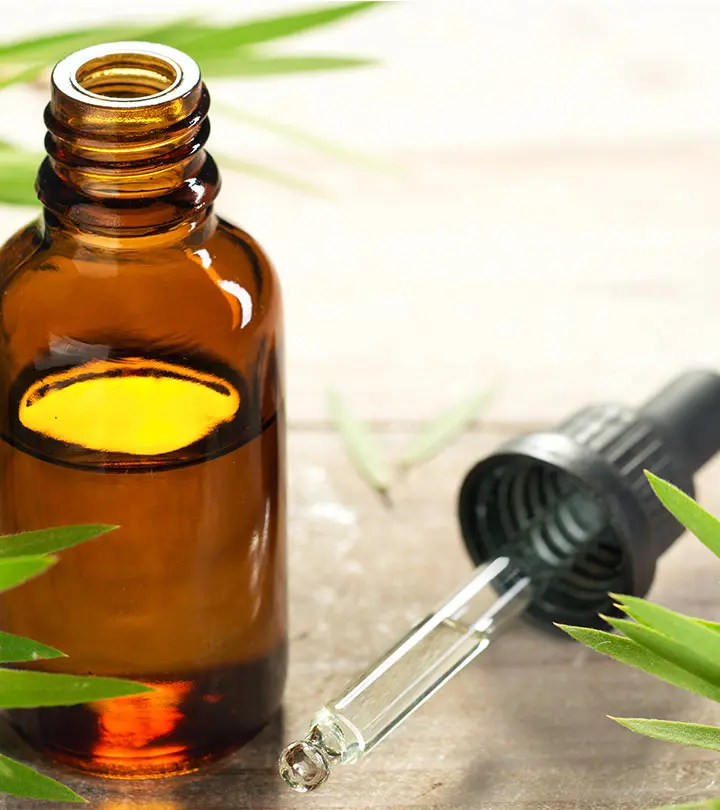
Image: Shutterstock
The quick-absorbing formula and refreshing (nutty and floral) fragrance of marula oil make it suitable for use in several hair and skin treatments. This natural oil is extracted from the kernels or outer husk of marula tree (Sclerocarya birrea) nuts native to the Southern African region (1).
The health benefits of marula oil are due to its antioxidant, emollient, moisturizing, and anti-aging properties. It has been in use for centuries.
Apart from the husks and kernels of the marula tree, several other parts have been used in folk medicine to help treat many health conditions (2).
The use of marula oil for the face may help treat acne, fight the signs of premature aging, reduce patches and scars, prevent stretch marks, treat brittle nails, and give you healthy hair.
This article explores marula oil’s benefits for skin and hair, how to use it, and its potential adverse effects. Keep reading!
 Know Your Ingredient: Marula Oil
Know Your Ingredient: Marula OilWhat Is It?
Oil extracted from the kernels of the marula fruit, originating in Africa.
What Are Its Benefits?
Improves nail, lip, and skin health, reduces signs of anti-aging, lightens stretch marks, hydrates the skin, manages acne, and prevents and manages skin conditions like eczema.
Who Can Use It?
Ideal for those with dry skin and those without a marula allergy.
How Often?
2-3 times a day if your skin is super-dry.
Caution
Those with sensitive, oily, acne-prone, and combination skin types should be careful, as it may aggravate skin issues like buildup and clogged pores. Those allergic to nuts should avoid it.
In This Article
What Is Marula Oil?
Marula oil is a light yellow oil that is known for its fast-absorbing and lightweight properties. It is also used as an ingredient in many beauty products such as soaps and perfumes. Additionally, it is used as a meat preservative, cooking oil, and massage oil, and to treat leather.
 Fun Fact
Fun FactMarula oil contains monounsaturated fatty acidsi Healthy fats found in nuts, seeds, and olive oil. It helps lower the level of bad cholesterol in the body. , tocopherols, and amino acids (2). Therefore, it is said to offer many benefits for skin, hair, and health.
Find out more about these benefits in the next section.
Key Takeaways
- An excellent source of fatty acids, antioxidants, and vitamins, marula oil is incredibly hydrating and healing.
- The high level of antioxidants present in marula oil helps fight all signs of aging.
- It is ideal for all skin types as the oil is readily absorbed into the skin without a greasy trace.
- Due to its adaptable nature, it can be applied as a facial or body oil and can also be found in shampoos and conditioners.
What Are The Benefits Of Marula Oil?
1. Marula Oil For Face
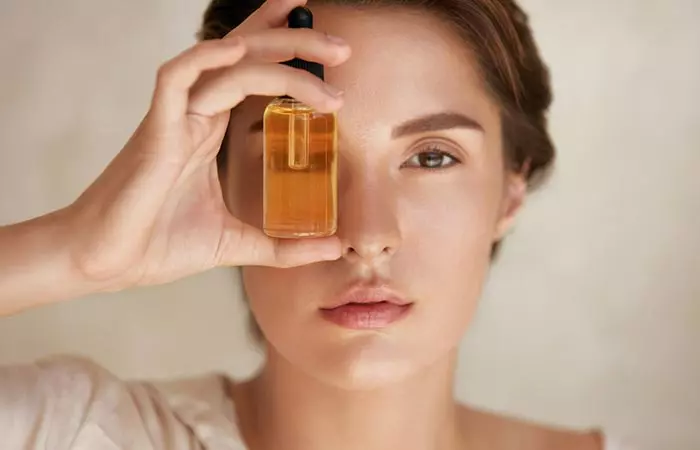
Marula oil may act as an effective moisturizer for dry or aging skin because it gets absorbed quickly. It is said to be beneficial for treating acne, smoothing and softening fine lines, and preventing stretch marks.
- May Fight Acne
The non-greasy property of marula oil may help in treating different types of acne and act as a good moisturizer for oily skin. It also possesses anti-microbial properties (2). Thus, it may be effective against the bacteria that contribute to the formation of pimples and blackheads.
Marula oil also has anti-inflammatory and analgesici A drug or an agent that helps relieve pain by blocking pain signals sent by the nervous system to the brain. properties (2). Therefore, it may help reduce the inflammation, redness, itching, and dryness associated with acne. However, there is limited research available on the effect of marula oil on acne.
- Fights The Signs Of Aging
Marula oil has the natural ability to battle the different signs of aging. It may help in rejuvenating your skin and repairing the damage that is caused by skin aging (3).
Enzymes like elastase and collagenase accelerate the signs of aging. Marula oil prevents your skin from losing its elasticity by inhibiting the activity of these (3). Therefore, it may help fight the signs of aging like fine lines, wrinkles, dryness, and dullness. It may also boost the natural ability of your skin to regenerate and repair itself.
- May Smoothen Skin
Marula oil can penetrate deep into the skin, even in the areas where it is the thickest. The fatty acids and polyphenolsi Naturally occurring micronutrients packed with antioxidants that help enhance brain function and prevent cancer. in it improve the elasticity of your skin with a regular application (3). Thus, it may help in enhancing your skin’s firmness to make it smoother.
There is also some scientific evidence that marula oil (in combination with other ingredients) may help in the treatment of wounds and scars and in the prevention of the formation of scars (3). Therefore, it has the potential to give you flawlessly smooth skin.
- May Protect Against Environmental Damage
Marula oil may protect your skin against the damaging effects of environmental elements like the harsh rays of the sun, cold wind, and pollution. While you sleep, it is said to aid the natural renewal process of the skin to reverse the damage. It also fortifies the skin from within with a blend of moisturizing and nourishing nutrients (4).
The monounsaturated fatty acids in the oil may help reduce oxidative stress and inflammation and reduce the risk of photoaging caused by UV exposure (5), (6). The oil’s soothing and nourishing effects may also help calm the skin down (7). This way, it could be a probable remedy for sunburns.
 Fun Fact
Fun Fact2. May Prevent Stretch Marks
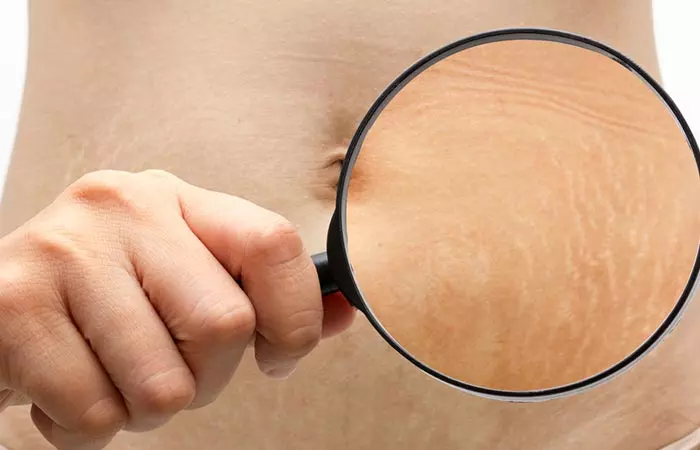
As mentioned earlier, marula oil has beneficial nutrients that help retain the skin’s elasticity and suppleness (3). Applying it twice a day may help in keeping away the hyperpigmentation and stretch marks that many women often develop. However, limited research is available to prove this claim.
3. May Prevent And Treat Skin Conditions
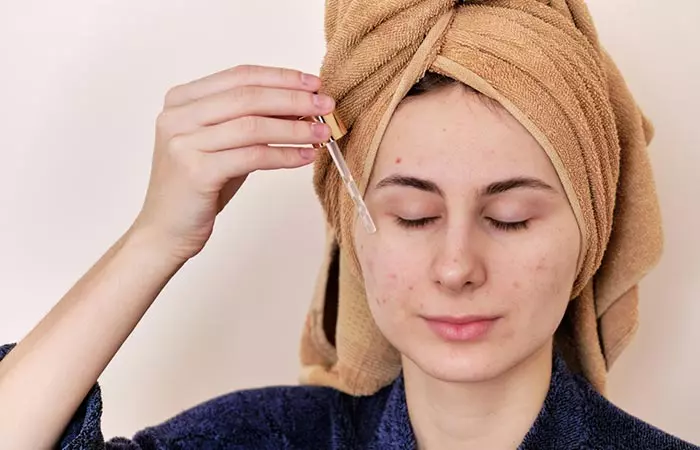
Marula oil has a high content of linoleic (an omega-6 essential fatty acid) and oleic acid. Thus, it has a moisturizing and hydrating effect on the skin (4). This means it could help in preventing and healing a variety of skin disorders such as psoriasisi A skin condition that occurs when the body's immune system attacks itself. It leads to the formation of patches on the skin. , eczema, and acne. However, there is no direct evidence to prove the same.
4. May Suit All Skin Types
Oleic acid is a great component for skin repair (8). The abundance of oleic acid in marula oil is said to make it suitable for all skin types. It is super absorbent and non-comedogenic. Apart from dry, oily, and normal skin types, it may also help in protecting sensitive skin. Men can use organic marula oil to soften their rough skin as it is very moisturizing (4).
5. May Keep Your Hair and Scalp Healthy

Marula oil is rich in antioxidants, antinutrients and fatty acids (2). This versatile skincare oil also has cellular regeneration, hydrating, occlusive, antimicrobial, and anti-inflammatory properties (2), (4). Thus, it may play a role in keeping the scalp healthy and boosting healthy hair growth. Marula oil may help nourish your hair from root to tip without making it overly greasy, making it beneficial for dry, frizzy, or brittle hair. Moreover, the oil can also be used as an effective remedy for dandruff caused by dry, itchy scalp. Its nourishing and hydrating properties play a role here. You may use the oil for a deep scalp massage twice a week to improve blood flow to the scalp and possibly reduce hair loss. However, there is no scientific evidence to prove the same.
6. May Treats Brittle Nails
Marula oil possesses moisturizing and nourishing properties that may help in treating damaged or brittle nails (9). Also, it may help reduce the incidence of painful and cracked skin around the nails. Applying this oil regularly on your hands can keep them soft.
7. May Heal Chapped Lips
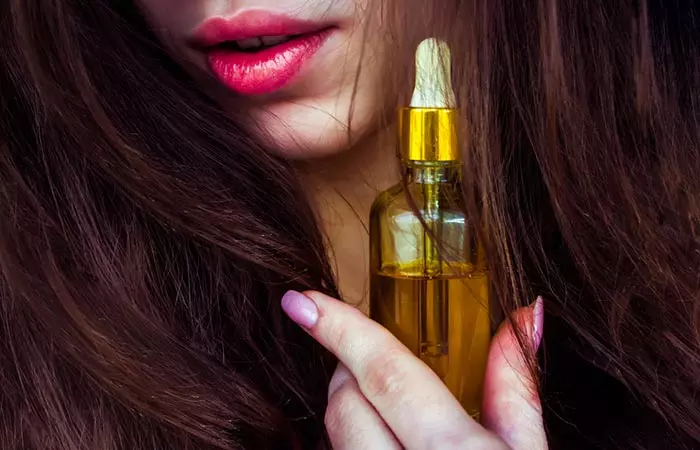
Marula oil is also well-known for its ability to heal dry and chapped skin (4). It can penetrate the skin on your lips to treat dryness from within. By using this beneficial oil, you can have soft, pink lips that never crack or bleed. Instead of using lip balms and other lip products that do not really help, use marula oil to heal chapped lips.
After reading about these promising benefits of marula oil for hair and skin, you must be wondering how to use it. Check out the next section to know more.
How Do You Use Marula Oil On Your Face?
- Facial Moisturizer
Marula oil can be used as a daytime and nighttime moisturizer, irrespective of your skin type. Pout a few drops of cold-pressed pure marula oil on your fingers and apply it on your face for a luxurious moisturizing effect. Don’t rub it on your face harshly. It can be used before applying makeup because it gets absorbed quickly.
- Body Lotion
Marula oil, with its oxidative stability property, is an ideal ingredient for many cosmetic formulas such as skin lotions, scalp conditioners, and eyeshadows. It can be used as an overall body lotion. Try applying it after bathing for better results.
There are a couple of ways that marula oil is used to improve your hair health. Check them out in the next section.
How Do You Apply Marula Oil To Hair?
There is no scientific evidence that proves marula oil can treat your hair problems. But, anecdotal evidence suggests that this oil may help in treating hair-related issues. The antibacterial and antifungal activity of the marula oil may fight bacteria and fungi to treat scalp issues. Marula oil can be applied in the form of shampoo or hair conditioner to your hair.
Note: If you want to use marula oil as a part of your hair care routine, you will need to consider the texture and density of your hair.
- Shampoo
- Marula oil can be used to treat dry, damaged, and fragile hair (3). Many hair care products, especially shampoos, contain marula oil. Add a few drops of cold-pressed pure marula oil to your shampoo to reap its benefits.
- Hair Conditioner
There are may hair conditioners that contain marula oil. Rub a few drops of marula oil into the ends of your hair to help eliminate split ends and dryness. It also works well on dry and irritated scalps.
Try applying a few drops of marula oil to your hair prior to heat styling to use it as a heat protectant.
Here are some more things about marula oil that you may find interesting.
More Info About Marula Oil
According to historical sources, the marula tree played a major role for nearly 10,000 years. It is also known as the “marriage tree” and was believed to symbolize purity and fertility. That is why it was used in purifying rituals before a wedding.
The marula nut was also referred to as the food of kings, and it is from this nut that the revered “miracle oil” (i.e., marula oil) continues to be cold-pressed.
Before you start using marula oil on your skin and hair, check out the safety precautions you need to keep in mind.
Safety Precautions
Though marula oil is hypoallergenic and non-irritating oil and there are no specific and scientifically proven risks associated with marula oil yet. But, people who are already allergic to nuts may be allergic to marula oil.
A patch test is recommended before using marula oil. Here’s what you need to do:
- Apply 3 or 4 drops of marula oil on your inner forearm.
- Wait for 24 hours.
- If there is no sign of hives, redness, or irritation, you can use marula oil on other parts of your body.
- Avoid contact with eyes and stop using it in case of irritation.
Though marula oil is generally safe for consumption, it does have a few side effects that you need to keep in mind. Check them out in the following section.
Potential Side Effects Of Marula Oil
Excess usage of marula oil may cause some adverse effects like low blood pressure, skin irritation, itching, redness, and gastrointestinal problems. However, there is limited research on the side effects of marula oil.
People who are taking medication for certain health issues, people who are at a greater risk of heart disease and strokes, patients who are about to undergo major surgery, and people with atherosclerosisi Plaque accumulation in the arteries results in the narrowing of the arteries, which can lead to a heart attack. are advised to consult their healthcare professionals before using marula oil.
- May Lower Blood Pressure
Oleic acid is an unsaturated fatty acid that is found in abundance in marula oil. When combined with blood pressure-lowering medications, it may lower your blood pressure too much. So, consult your doctor before using this oil to avoid its adverse effects.
- May Cause Skin Inflammation
Excess usage of marula oil may lead to an allergic reaction. People with highly sensitive skin may experience inflammation, redness, and itching. Avoid using this oil in case you have any allergies.
- May Cause Stomach Issues
Marula oil is better known for its usage as an ingredient in beauty products than as cooking oil. It is only used in some African countries for cooking. If you are new to using marula oil as cooking oil, you may experience stomach upset, nausea, vomiting, or indigestion.
Infographic: Unveiling The Wonders Of Marula Oil For Your Skin And Hair
Marula oil is a multi-tasking beauty elixir that works wonders for your skin and hair. It is packed with a range of beneficial nutrients and properties and can be the ultimate natural solution to achieve a healthy, radiant, and youthful-looking appearance. Check out the infographic below to unveil the wonders of marula oil and how it can transform your beauty routine.
Some thing wrong with infographic shortcode. please verify shortcode syntaxThe benefits of marula oil for skin and hair make it a popular choice. The oil is replete with important fatty acids, vitamins, and minerals that support healthy skin and hair. Marula oil is also known for its moisturizing and anti-aging properties. In addition, it may help deal with acne, brittle nails, chapped lips, and stretch marks and reduce fine lines. You can reap the benefits of this oil by using it as a moisturizer, body lotion, or hair conditioner. However, note that excess use may cause skin inflammation. Consult your doctor if you experience any adverse effects.
Frequently Asked Questions
Is marula oil better than argan oil?
It all depends on your skin type. Marula oil is rich in vitamin C and helps treat dry skin, whereas argan oil is rich in vitamin A and helps regulate sebum production.
Is marula oil good for nails?
The moisturizing and emollient properties of marula oil may help in treating dry cuticles and nails. Rub marula oil into your cuticles after removing nail polish and let it dry. You can also use it at night to your nail beds.
Can you put marula oil under your eyes?
Using marula oil under the eyes is safe. Apply the oil by delicately dabbing it into your skin with your ring finger. However, be careful not to get marula oil into your eyes as it may cause irritation and burning.
Illustration: Promising Benefits Of Marula Oil For Skin And Hair
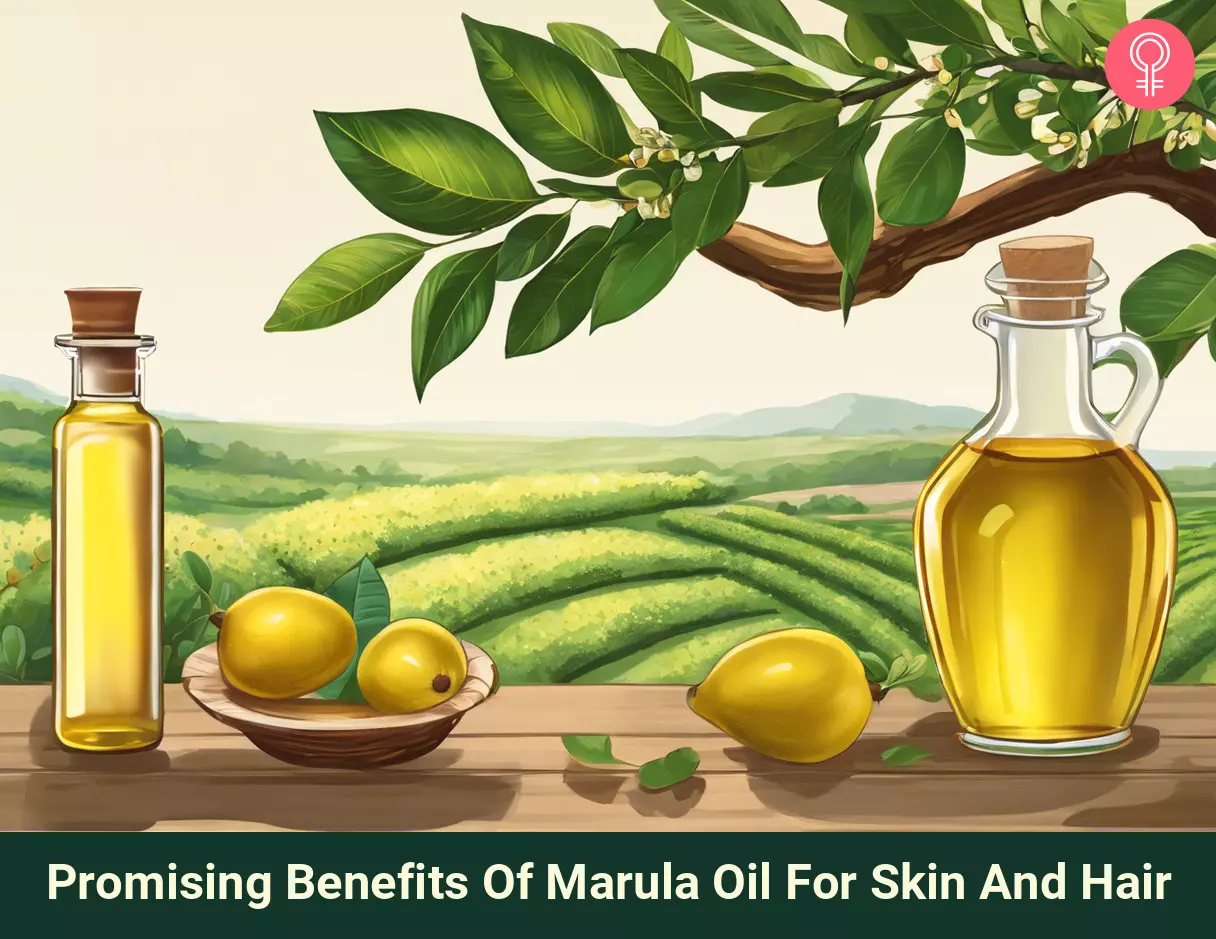
Image: Stable Diffusion/StyleCraze Design Team
References
Articles on StyleCraze are backed by verified information from peer-reviewed and academic research papers, reputed organizations, research institutions, and medical associations to ensure accuracy and relevance. Read our editorial policy to learn more.
- Traditional and Medicinal Uses of Essential Oil Producing Tree Sclerocarya birrea in South-Central Zimbabwe, Journal of Essential Oil-Bearing Plants, ReserachGate
https://www.researchgate.net/publication/273333246_Traditional_and_Medicinal_Uses_of_Essential_Oil_Producing_Tree_Sclerocarya_birrea_in_South-Central_Zimbabwe - Sclerocarya birrea (Marula), An African Tree of Nutritional and Medicinal Uses: A Review, Food Reviews International, Taylor & Francis Online.
https://www.tandfonline.com/doi/abs/10.1080/87559129.2012.660716 - Anti-aging potential of extracts from Sclerocarya birrea (A. Rich.) Hochst and its chemical profiling by UPLC-Q-TOF-MS, BMC Complementary and Alternative Medicine, US National Library of Medicine, National Institutes of Health.
https://www.ncbi.nlm.nih.gov/pmc/articles/PMC5804067/ - Safety and efficacy of Sclerocarya birrea (A.Rich.) Hochst (Marula) oil: A clinical perspective, Journal of Ethnopharmacology, US National Library of Medicine, National Institutes of Health.
https://pubmed.ncbi.nlm.nih.gov/26528587/ - Dietary Monounsaturated Fatty Acids Intake and Risk of Skin Photoaging, Public Library of Science, US National Library of Medicine, National Institutes of Health.
https://www.ncbi.nlm.nih.gov/pmc/articles/PMC3435270/ - Anti-Inflammatory and Skin Barrier Repair Effects of Topical Application of Some Plant Oils, International Journal Of Molecular Sciences, US National Library of Medicine, National Institutes of Health.
https://www.ncbi.nlm.nih.gov/pmc/articles/PMC5796020/ - Oleic Acid Exhibits An Expressive Anti-Inflammatory Effect In Croton Oil-Induced Irritant Contact Dermatitis Without The Occurrence Of Toxicological Effects In Mice, Journal Of Ethnopharmacology, US National Library of Medicine, National Institutes of Health.
https://pubmed.ncbi.nlm.nih.gov/33091495/ - An overview of the modulatory effects of oleic acid in health and disease, Mini Reviews in Medicinal Chemistry, US National Library of Medicine, National Institutes of Health.
https://pubmed.ncbi.nlm.nih.gov/23278117/ - African seed oils of commercial importance — Cosmetic applications, South African Journal of Botany, ScienceDirect.
https://www.sciencedirect.com/science/article/pii/S0254629911001074
Read full bio of Nilofar Pendhari
Read full bio of Sindhu Koganti
Read full bio of Ravi Teja Tadimalla
Read full bio of Himanshi Mahajan





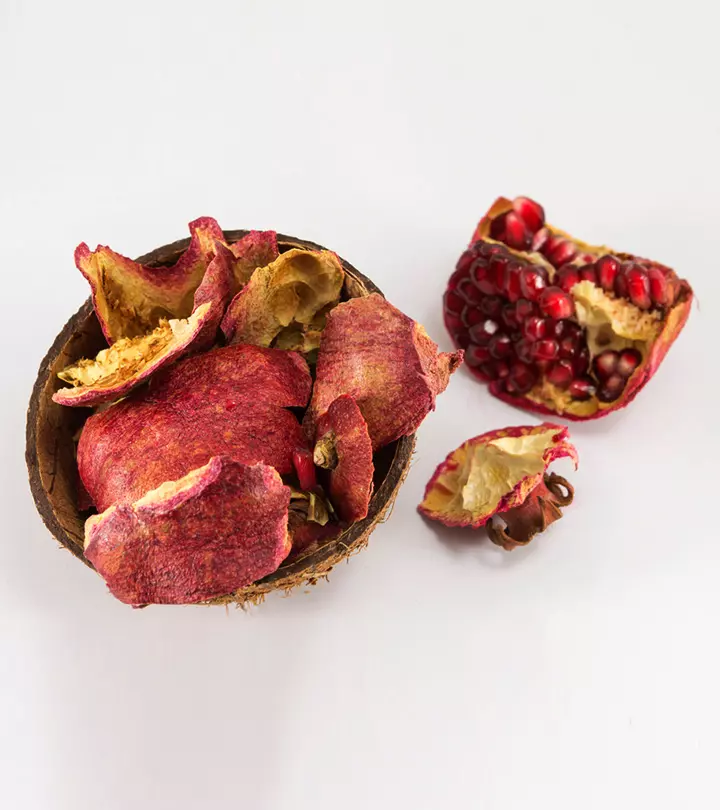
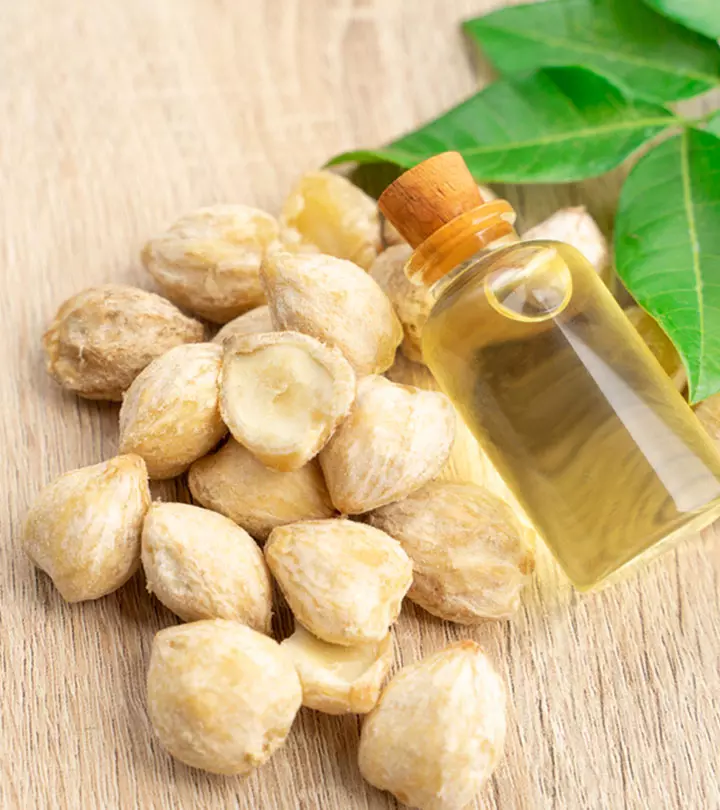
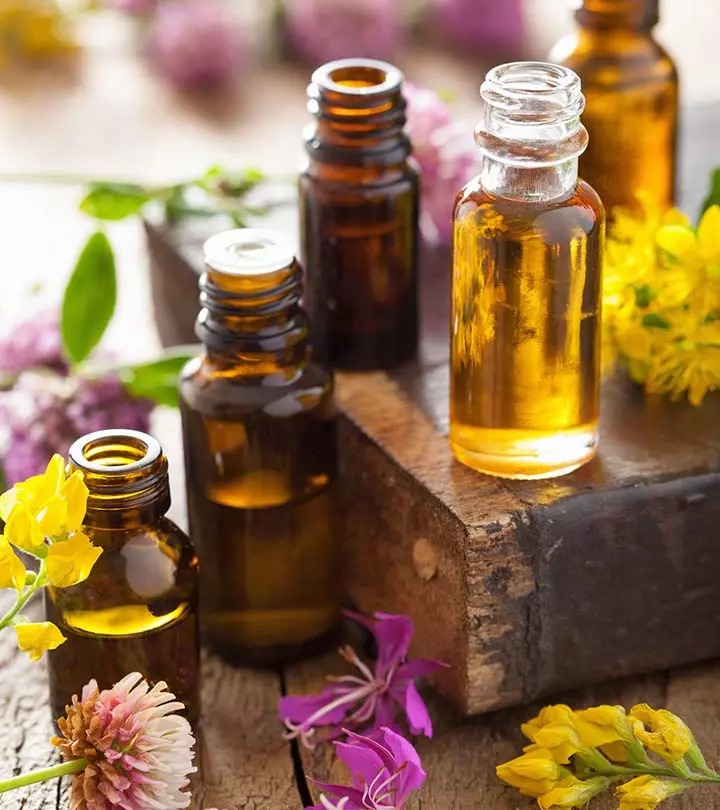
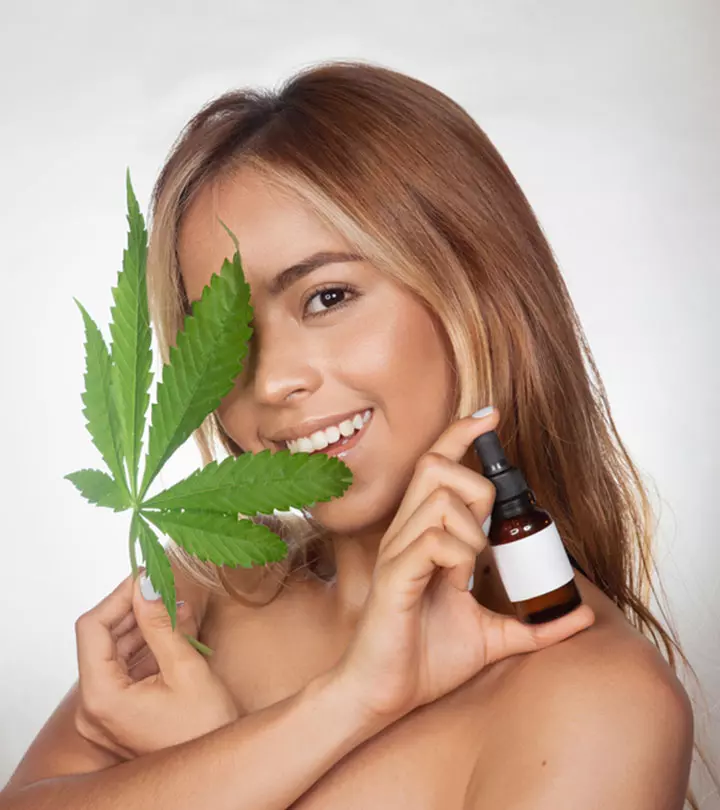
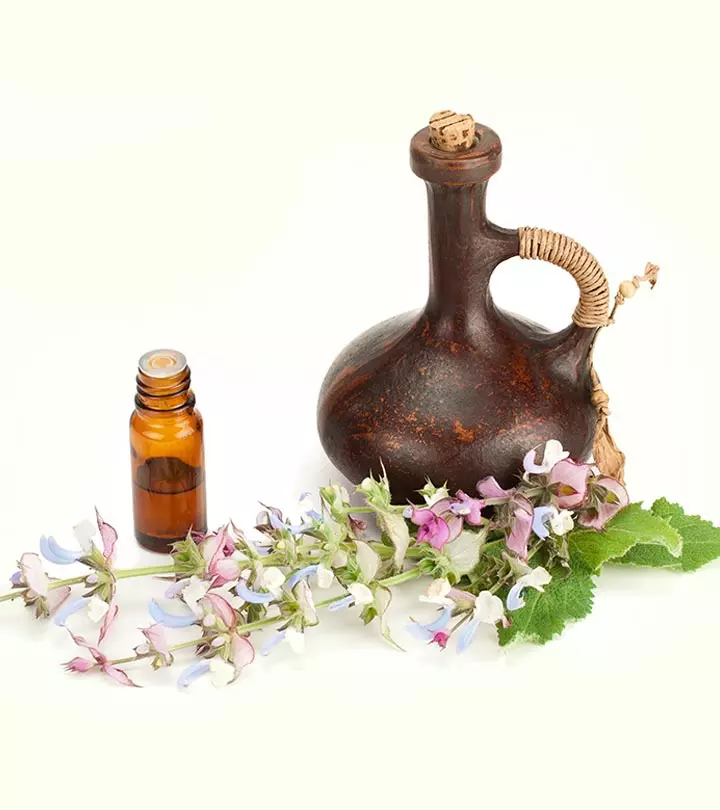
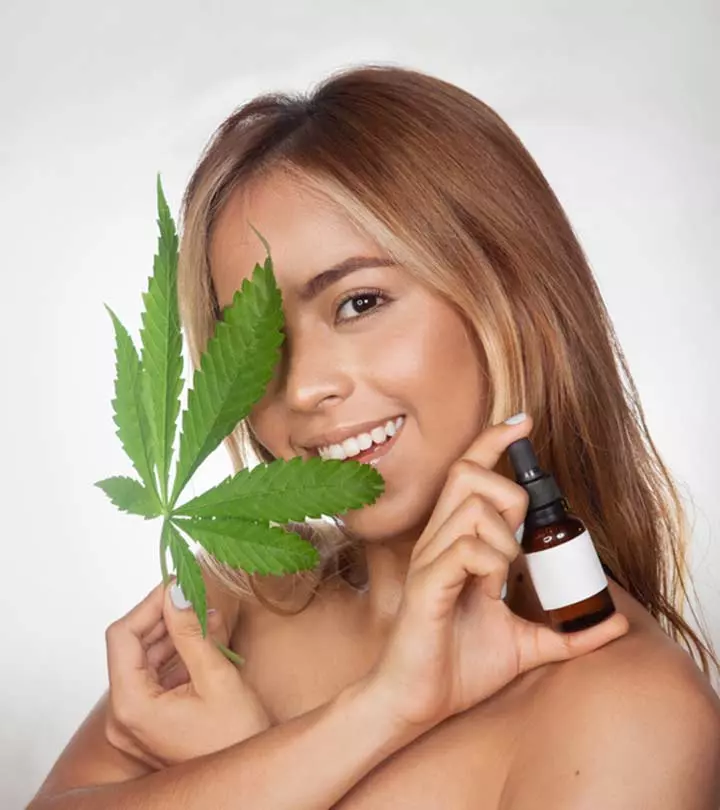
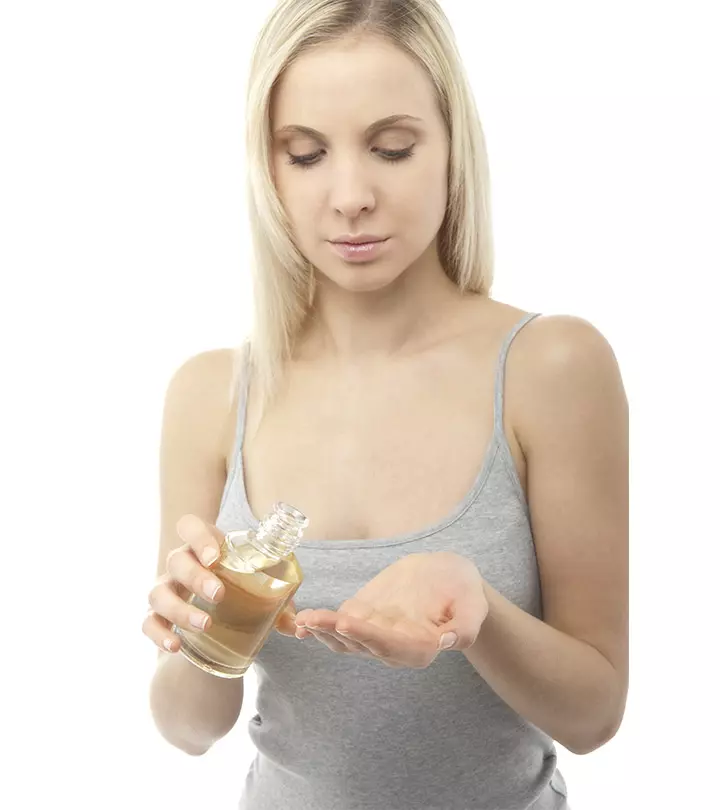
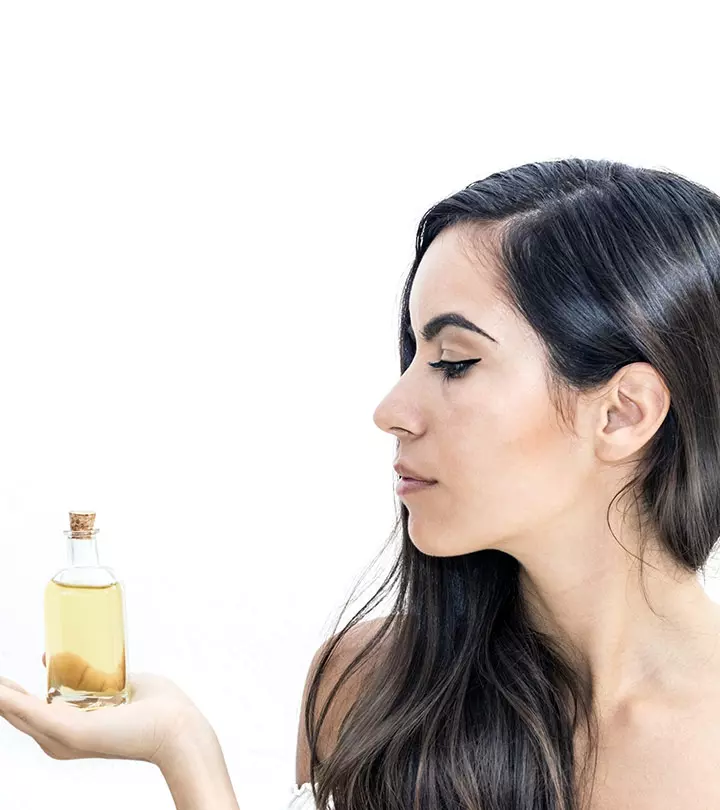
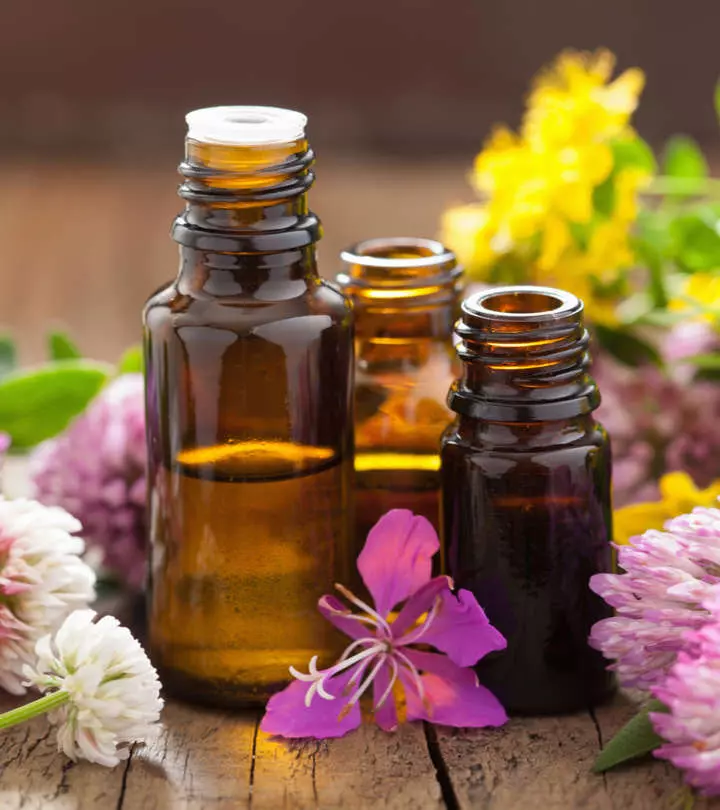
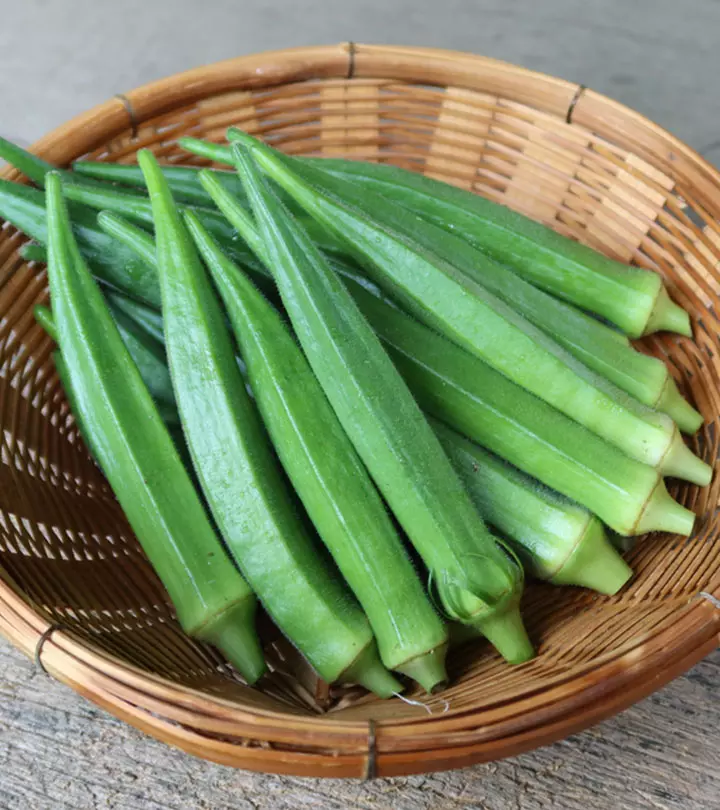
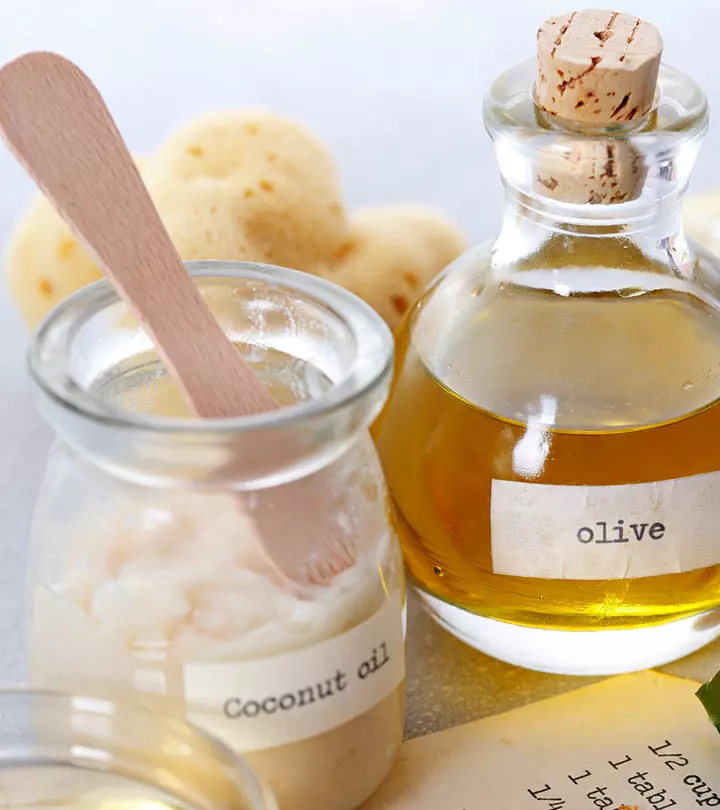
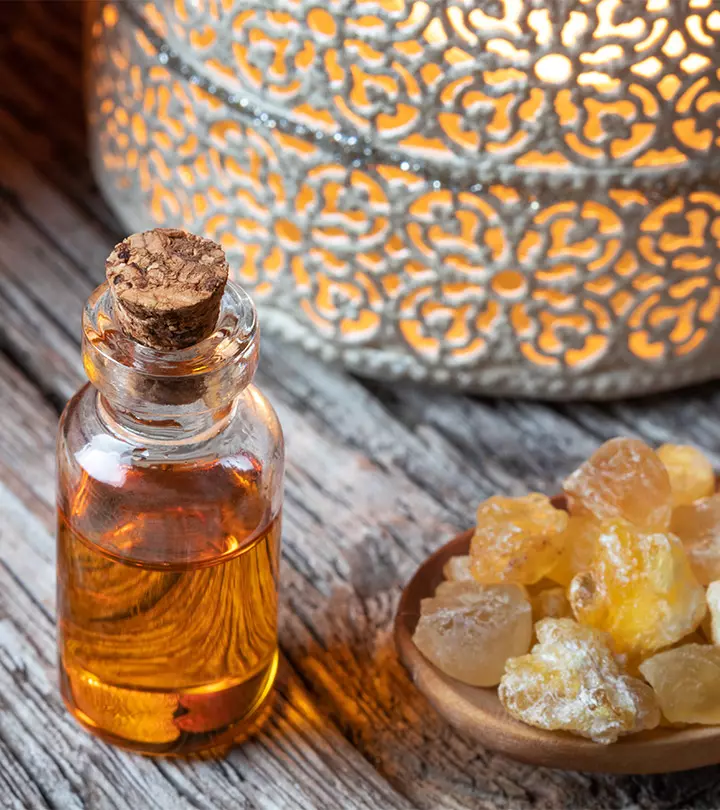
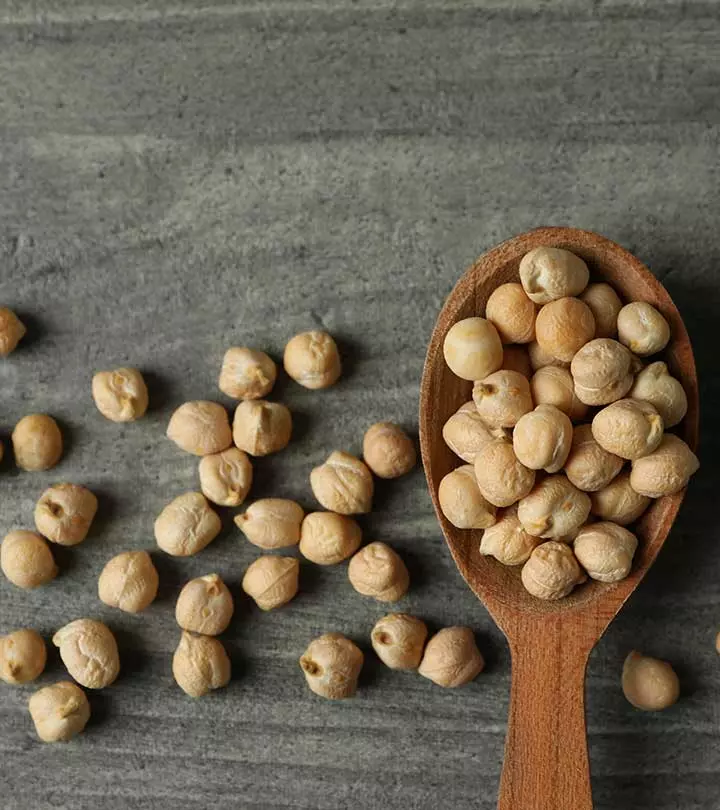
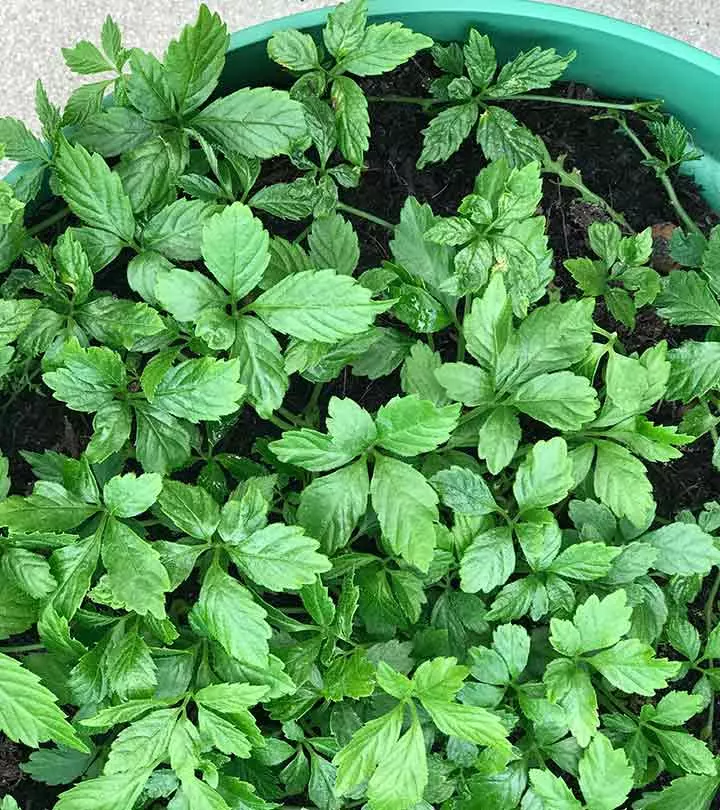
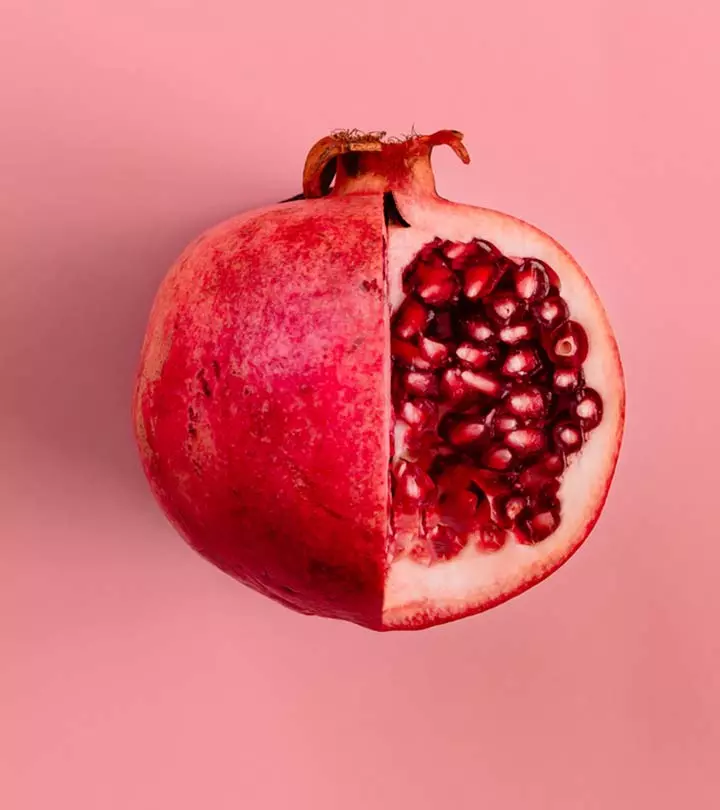
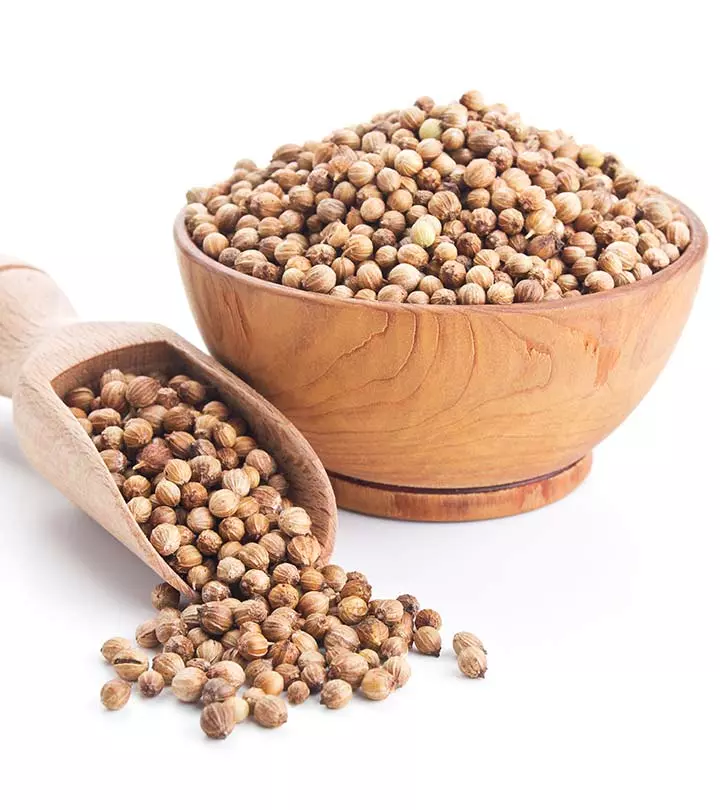

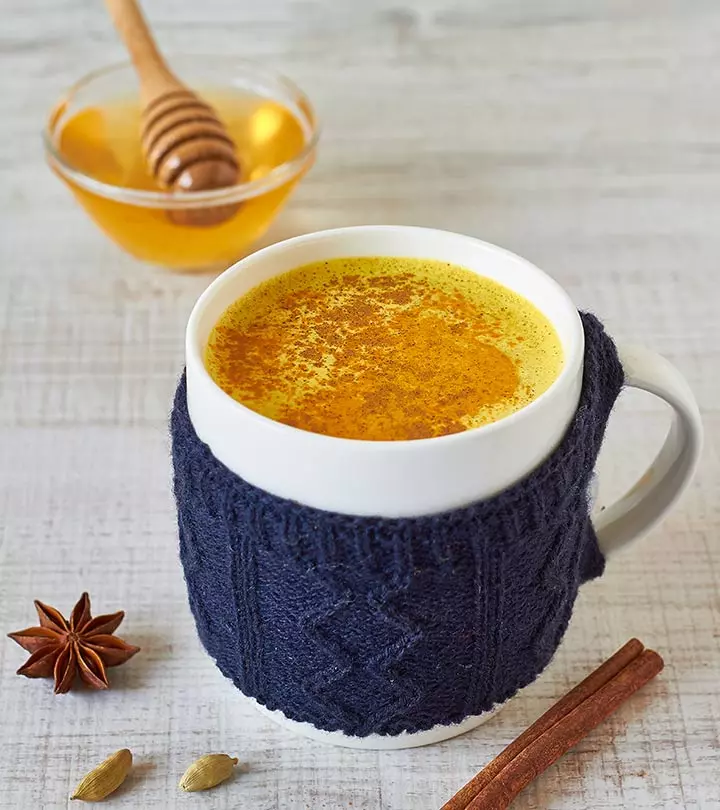
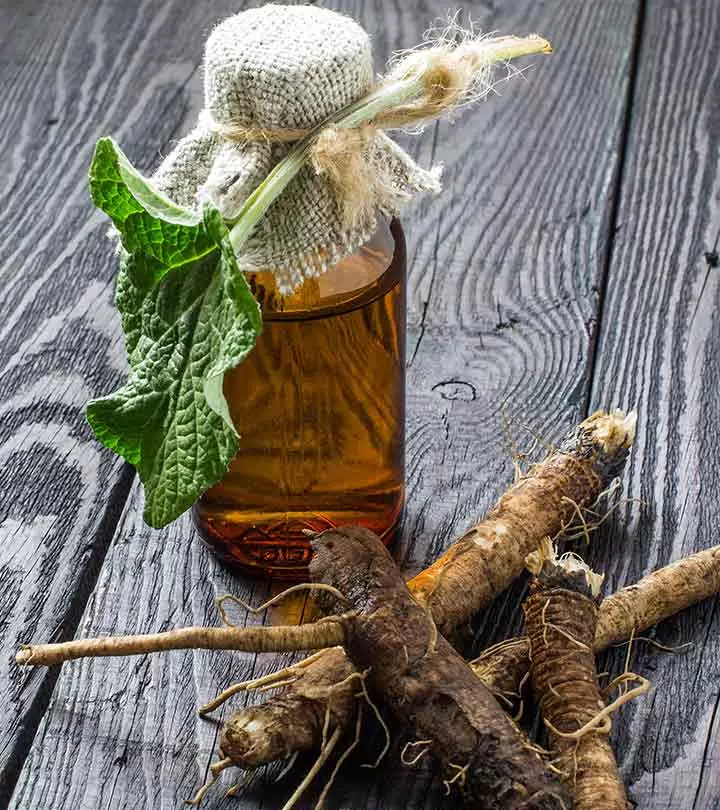
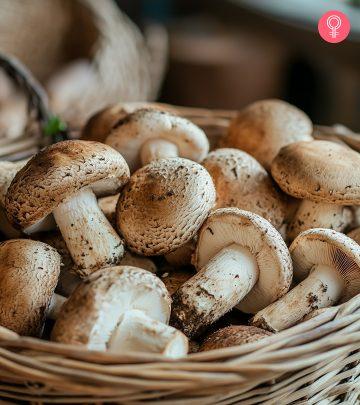

Community Experiences
Join the conversation and become a part of our empowering community! Share your stories, experiences, and insights to connect with other beauty, lifestyle, and health enthusiasts.